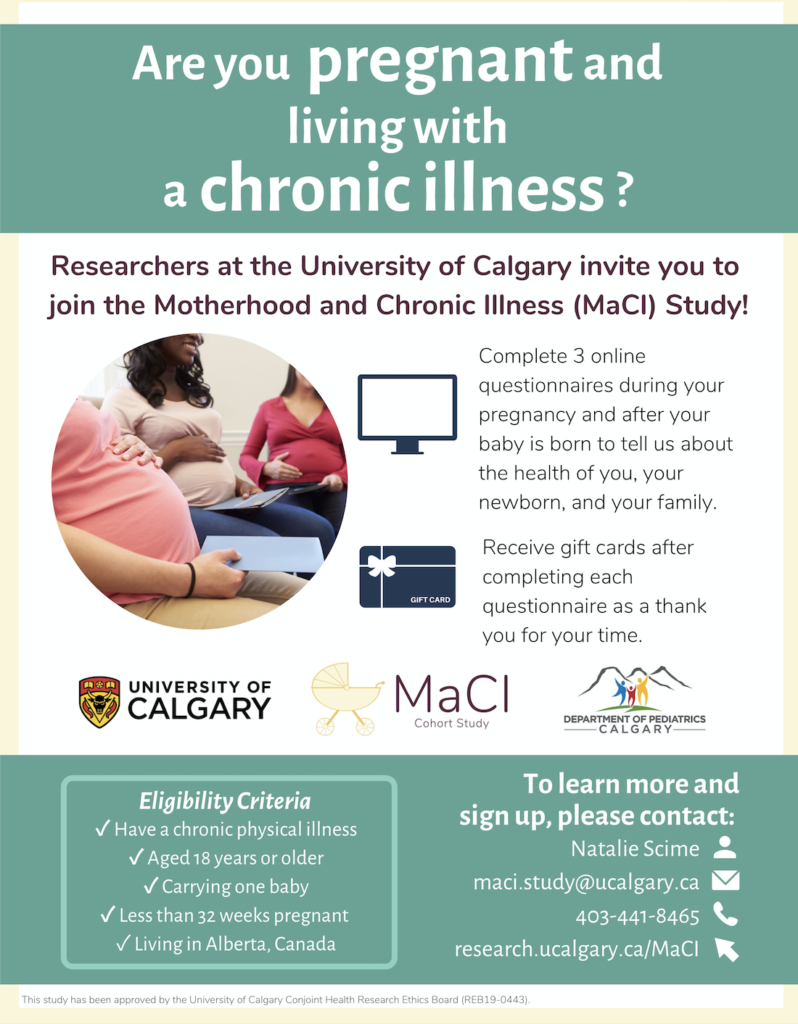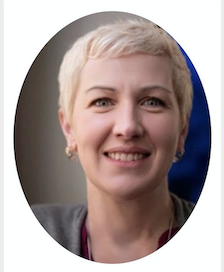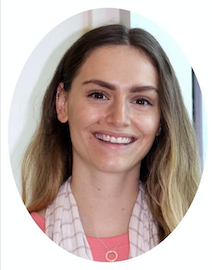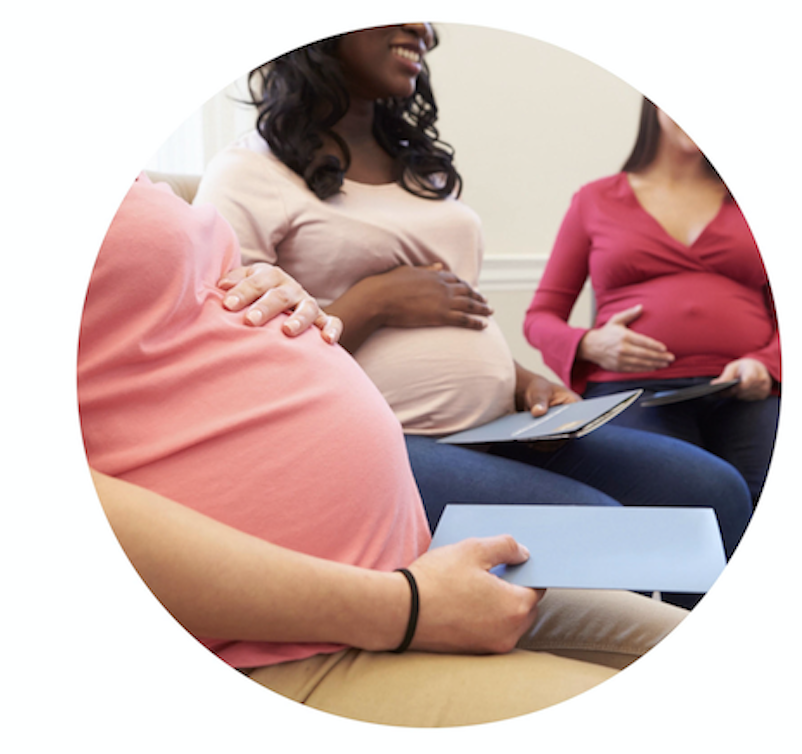“How will my chronic illness affect my infant feeding experience? Will my symptoms get better or worse during pregnancy and after my baby is born? How might all of this influence my sleep patterns and mental health?”
These are some of the questions we’ve heard from mothers with chronic illness that our team at the University of Calgary is trying to answer with the Motherhood and Chronic Illness (MaCI) study. The MaCI Study is being done to address a gap in knowledge about the experiences and outcomes of mothers with chronic illness and their children from pregnancy to early childhood. The primary purpose of this study is to look at what factors and support experiences influence infant feeding among mothers with chronic illness in Alberta. Our team is also interested in studying topics such as medication and health service use, physical and mental health, and sleep. Findings from this study can be used to raise awareness of the needs and experiences of mothers with chronic illness, and to design appropriate materials and services that promote maternal, child, and family health.
Our team is looking for pregnant woman living in Alberta, Canada who have a chronic physical illness, are 18 years or older, and can communicate in English to participate in the MaCI Study. You will be invited to complete 3 online questionnaires starting in pregnancy and up to the first 6 months after your baby is born. Each questionnaire takes about 30 minutes to answer, and you will receive a $15 gift card to thank you for completing each questionnaire.
If you are interested in participating or learning more, please visit our website at research.ucalgary.ca/MaCI or email the study coordinator Natalie at maci.study@ucalgary.ca.

ABOUT THE STUDY LEADS:

- Dr. Kathleen Chaput, PhD, is an Assistant Professor in Obstetrics and Gynecology at the University of Calgary, Canada. She is an expert in infant feeding and maternal mental health.

- Natalie Scime, MSc, is a PhD Candidate in Community Health Sciences at the University of Calgary, Canada. Her training is focused on understanding health-related behaviours and outcomes for mothers with high-risk pregnancies and their families.

